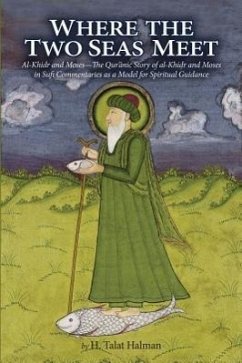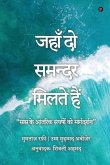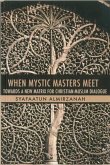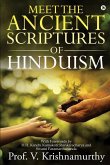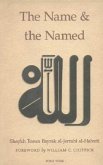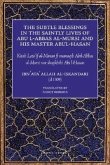Examining how three medieval Sufi Qur'an commentators explained the story of Moses' journey with al-Khidr, this volume conveys various teachings about the path of Sufism and the nature of spiritual authority. These commentaries, translated for the first time, discuss essential themes of Sufism as written by practicing Sufi masters. As the text reflects on both the social and psychological dimensions of the master-disciple relationship in Sufism and distinguish between the instructing master (shaykh al-ta'lim) and the mentoring master (shaykh al-suhba), a comparison is also made between the Sufi interpretation of death, immortality, compassion, and inner knowledge and Ernest Becker's theory of the denial of death and the aspiration for both physical and symbolic immortality.
Hinweis: Dieser Artikel kann nur an eine deutsche Lieferadresse ausgeliefert werden.
Hinweis: Dieser Artikel kann nur an eine deutsche Lieferadresse ausgeliefert werden.

